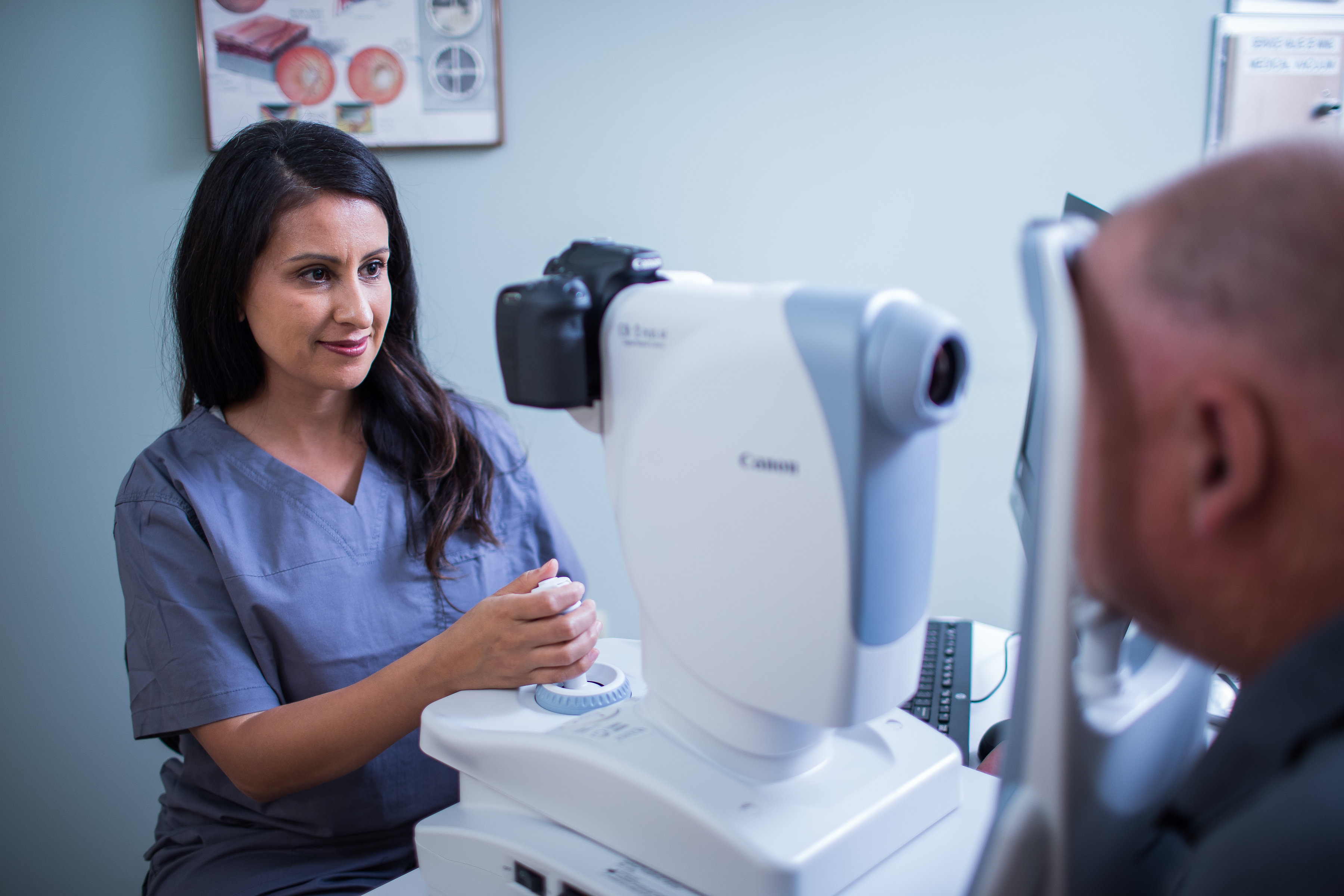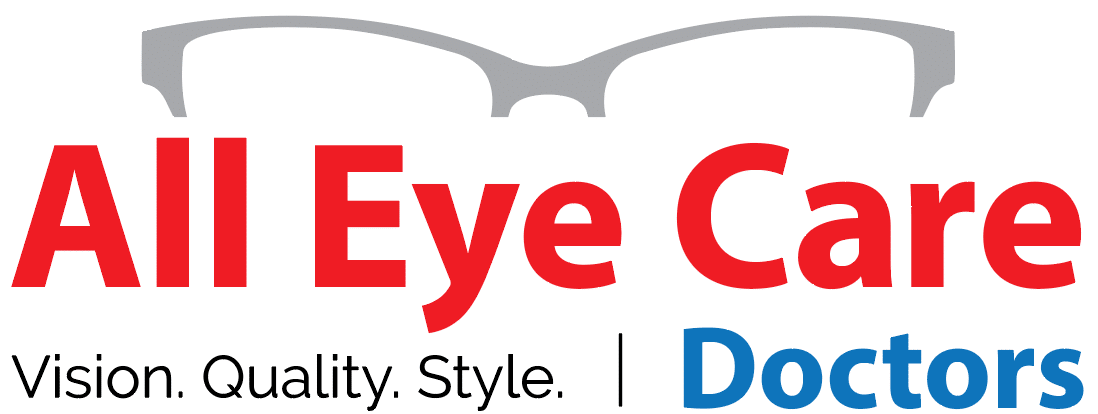Leading Cardiologist Andalusia: Your Companion in Heart Health
Leading Cardiologist Andalusia: Your Companion in Heart Health
Blog Article
Is Refractive Surgical Procedure Right for You? Elements to Take Into Consideration for Better Eyecare
In the realm of eye care, the decision to go through refractive surgical treatment is a crucial one that requires thoughtful factor to consider. From the intricacies of one's ocular health and wellness to the complexities of personal expectations and daily habits, each aspect holds significance in the more comprehensive landscape of refractive surgery candidateship.
Eye Wellness Analysis
When taking into consideration refractive surgical procedure, a thorough eye wellness examination is critical to examine the viability of the treatment for every individual. andalusia pediatrics. This assessment involves a series of examinations and exams carried out by an eye care specialist to establish the general health of the eyes, the visibility of any kind of underlying conditions, and the security of the refractive error
Throughout the evaluation, different variables are thought about, such as the individual's clinical background, current eye prescription, corneal density, student dimension, and tear film top quality. These analyses aid to recognize any contraindications to refractive surgical treatment, such as corneal irregularities, cataracts, or untreated eye infections. Furthermore, the examination aids to manage person assumptions relating to the prospective results of the surgical treatment based on their distinct eye qualities.
Inevitably, the eye wellness analysis is vital in making certain the safety and effectiveness of refractive surgery, as it supplies important understandings into the person's eye wellness status and assists identify the most suitable treatment choices for achieving optimal aesthetic results. (cardiologist andalusia)
Lifestyle Evaluation
A thorough way of living analysis is important in identifying the suitability of refractive surgical treatment for a person's visual adjustment requirements. Way of living variables such as line of work, leisure activities, and daily activities play a vital duty in the decision-making procedure relating to refractive surgical treatment. For example, individuals with occupations that entail a high degree of exercise or exposure to ecological aspects may have different aesthetic requirements compared to those with less active workdesk tasks. Comprehending how an individual's way of life may impact their vision post-surgery is important for managing assumptions and guaranteeing optimal results.
Furthermore, way of life habits such as sports engagement, outdoor tasks, or perhaps skincare regimens can affect the healing process and total success of refractive surgery. For example, people that engage in get in touch with sporting activities may need to take added precautions to safeguard their eyes throughout the recuperation period. Additionally, individuals with substantial sunlight direct exposure may need added post-operative care to avoid complications. By conducting an extensive way of life evaluation, eye treatment specialists can customize their recommendations and treatment plans to meet the distinct requirements of each individual, eventually bring about boosted aesthetic outcomes and fulfillment.
Assumption Positioning

Establishing sensible expectations involves thorough pre-operative conversations in between the eye doctor and the person. The specialist ought to transparently communicate the possible dangers, benefits, and limitations of the treatment (eye doctors in andalusia). People require to comprehend that while several people achieve 20/20 vision or far better complying with refractive surgery, some might still need glasses for sure tasks like reading or driving at evening. Managing these assumptions assists avoid frustration and dissatisfaction post-surgery, causing a more favorable overall experience for the person.
Risk Analysis

Factors that might boost the threat of difficulties consist of age, certain medical conditions like autoimmune illness, unstable vision prescription, thin corneas, and impractical client assumptions. Additionally, selecting a experienced and knowledgeable surgeon, complying with pre and post-operative treatment guidelines vigilantly, and revealing any kind of relevant case history can aid mitigate dangers.
To decrease the likelihood of problems, eye doctors perform comprehensive pre-operative examinations to recognize any kind of contraindications to surgery. They additionally discuss the potential dangers and benefits with people during the appointment process. By taking part in open interaction and shared decision-making, both the eye doctor and the person can collaborate to establish if refractive surgery is the ideal selection based upon individual danger accounts and desired results.
Consultation Relevance
Thinking about the important role of educated decision-making in analyzing risks and Discover More prospective difficulties in refractive surgical procedure, the examination procedure holds considerable value in assisting individuals towards optimal outcomes. During the examination, the eye doctor assesses the individual's eye health and wellness, refractive errors, and general suitability for surgery. This first analysis is crucial in establishing one of the most appropriate procedure for each person, thinking about variables such as corneal density, pupil size, and existing eye problems.
Additionally, the examination acts as an opportunity for patients to review their assumptions, issues, and any inquiries they may have concerning the surgery. Clear interaction in between the surgeon and the patient is important to guarantee sensible expectations and a complete understanding of the potential risks and benefits involved.
In addition, the appointment enables the surgeon to explain the various surgical options readily available, their particular outcomes, and the post-operative care called for. This detailed conversation equips people to make knowledgeable choices concerning their eye treatment, causing better contentment and end results post-surgery.
Verdict
In verdict, individuals taking into consideration refractive surgery ought to go through a thorough eye health assessment, examine their way of life behaviors, straighten their expectations with potential outcomes, examine the connected threats, and focus on consultations with eye care experts. These variables play an essential role in identifying the suitability of refractive surgical treatment for every person, making sure optimum outcomes and satisfaction with the click resources procedure.
Patients considering refractive surgery frequently have high expectations regarding the outcomes, expecting ideal vision without the need for glasses or contact lenses. While refractive surgical procedure can substantially boost vision and minimize reliance on visual help, it is crucial for patients to recognize that outcomes may vary based on specific variables such as the degree of refractive error, corneal density, and general eye health and wellness.
By engaging in open interaction and shared decision-making, both the ophthalmologist and the person can function together to establish if refractive surgical treatment is the ideal option based on individual risk accounts and preferred outcomes.
Taking into consideration the vital duty of notified decision-making in assessing threats and prospective complications in refractive surgical procedure, the assessment procedure holds considerable importance in assisting clients towards ideal outcomes. During the consultation, the ophthalmologist reviews the client's eye wellness, refractive errors, and total suitability for surgery.
Report this page